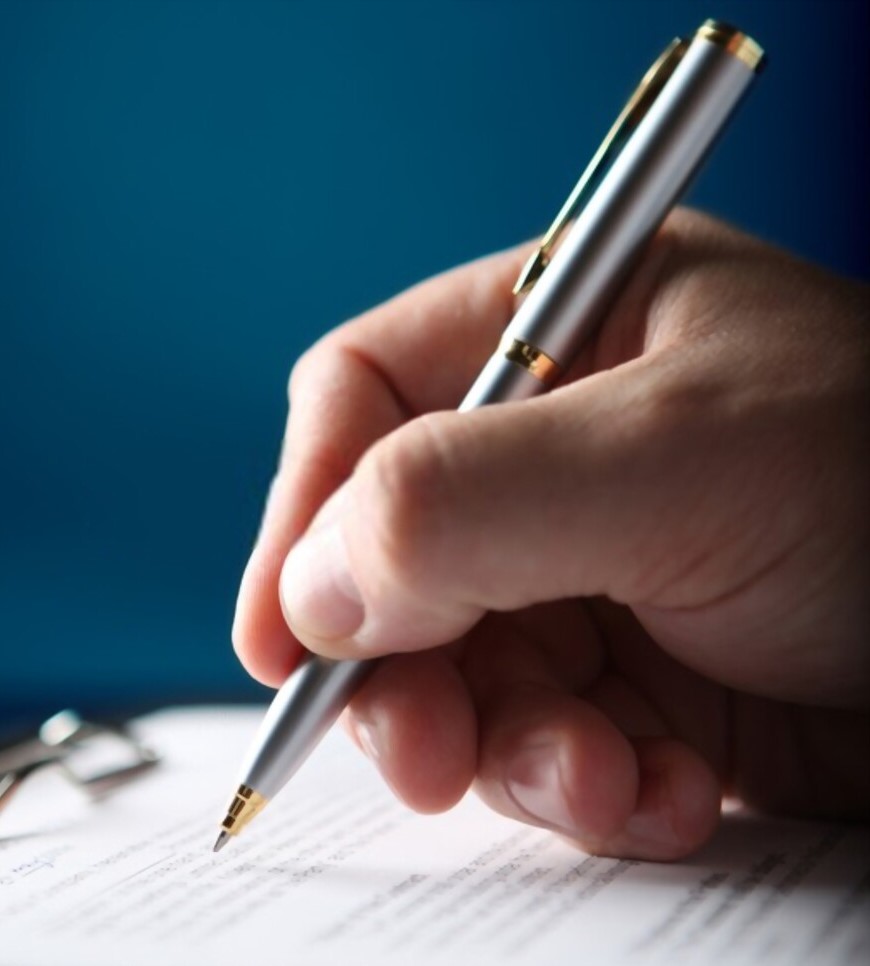Banking Safety
ATM Safety
Be Cautious.
Scope the area. Make a conscious effort to scope the area immediately adjacent to the ATM machine. Look for suspicious people or situations.
If something does not look right, do not make your transaction. Leave the area and use another machine or come back at another time.
Close the entry door of an automated teller machine facility equipped with a door.
Be Discreet.
Cover your transaction with your body by blocking the keyboard from view. By doing this, you will prevent someone from learning your Personal Identification Number (PIN).
Do not publicly show your cash. Put your cash in your wallet or purse, check to see that you have your card and receipt and leave the ATM immediately.
Always keep your Personal Identification Number a secret.
Protect Yourself.
Notify us immediately if your ATM access card or secret PIN is lost or stolen.
Never let anyone use your card or access code. Law enforcement officers or financial officials will never ask for these items. Be suspicious if anyone does ask for these items.
Direct complaints concerning automated teller machine security to ParkeBank 1-886-PARKEBK or to the NJ Department of Banking (609) 292-7272.
OnGuard Online
The Federal Trade Commission (FTC)’s OnGuard Online is home to banking safety and security tips for every consumer.
FACT Act Helps to Fight Identity Theft
The Fair and Accurate Credit Transaction Act (FACT Act) will help reduce identity theft according to Congress and the Federal Trade Commission. For example, one provision requires the three major credit-reporting agencies to provide consumers with a free copy of their own credit report.
Credit reporting agencies must stop reporting allegedly fraudulent account information when a consumer establishes that he or she has been the victim of identity theft.
Creditors or businesses must provide copies of business records or fraudulent accounts or transactions related to them. This information can assist victims in proving that they are, in fact, victims.
Consumers will be allowed to report accounts affected by identity theft directly to creditors – in addition to credit reporting agencies – to prevent the spread of erroneous information.
Identity Theft Information
Tools to Prevent Identity Theft Presented by the American Bankers Association
The number of Americans who have experienced identity theft has surpassed 27 million, with the incidence rate increasing every year. Substantial measures are in place at your bank to protect your identity and your accounts against theft and fraud. For example, stringent bank privacy policies protect your personal and financial information. Password protection for online transactions help assure online security. When using our online services, you develop a secret password that only you know. Encryption of online transactions with your bank converts your information into secure code, protecting you against hackers.
Maximum security is possible with your help. Here’s what you can do to stop these crimes before they happen:
Do not give out financial information such as checking and credit card numbers, or your Social Security number, unless you know the person or organization.
Report lost or stolen checks immediately. Your bank will block payment on them.
Notify your banker of suspicious phone inquiries such as those asking for account information to “verify a statement” or “award a prize.”
Closely guard your ATM Personal Identification Number and ATM receipts.
Put outgoing mail into secure Postal Service collection boxes.
Shred any financial solicitations and bank statements before disposing of them.
If regular bills fail to reach you, call the company and find out why.
If your bills include questionable items, don’t ignore them. Instead, investigate immediately to head off any possible fraud.
Periodically contact the major credit reporting companies to review your file and make certain the information is correct.
How to obtain a free credit report:
AnnualCreditReport.com – (877) 322 – 8228
Credit Reporting Bureaus:
Place a fraud alert: 1-888-766-0008
Order a credit report: 1-800-685-1111
Place a fraud alert: 1-888-397-3742
Order a credit report: 1-888-397-3742
Place a fraud alert: 1-800-680-7289
Order a credit report: 1-800-888-4213
FBI Alert Regarding Check Scams









